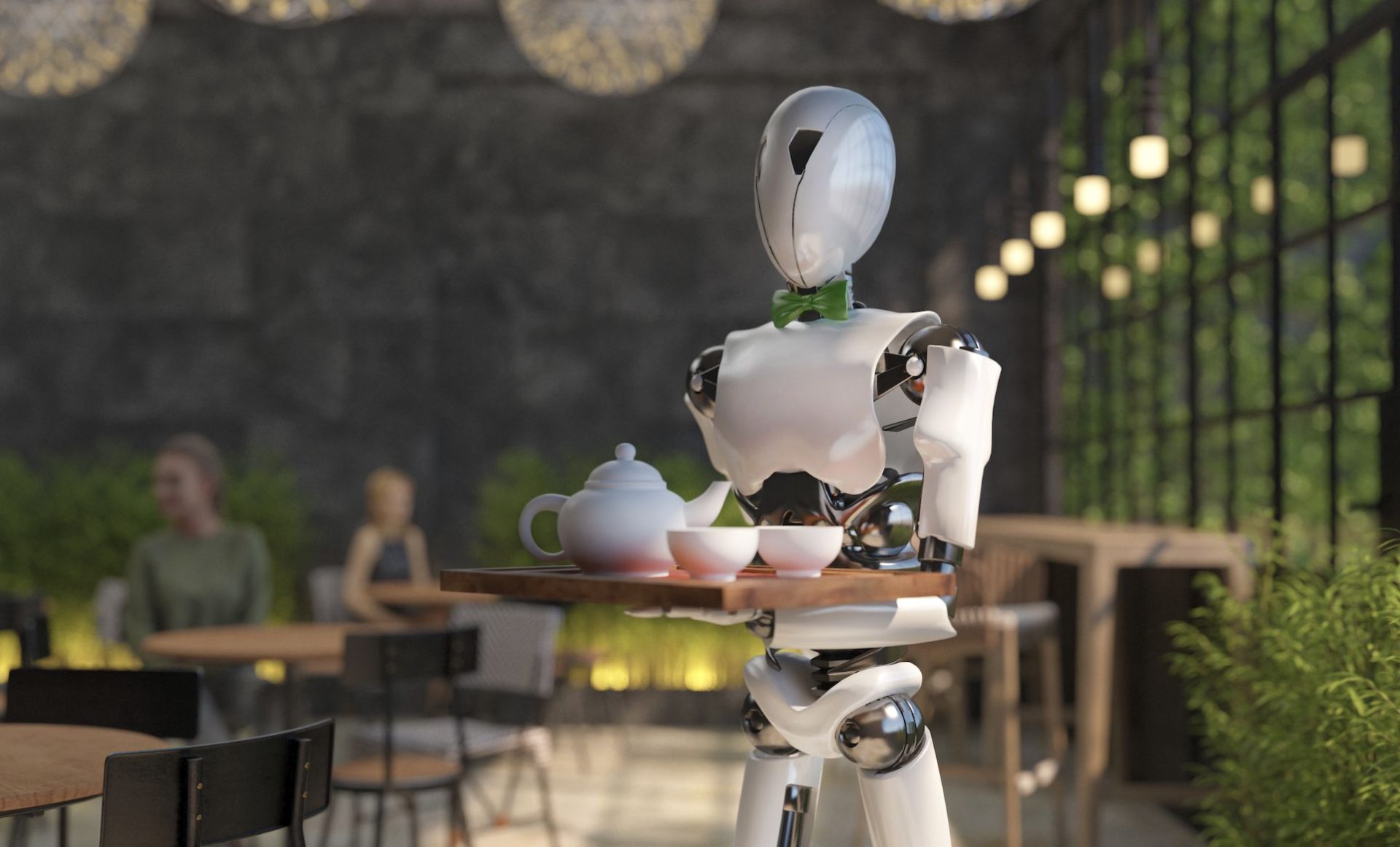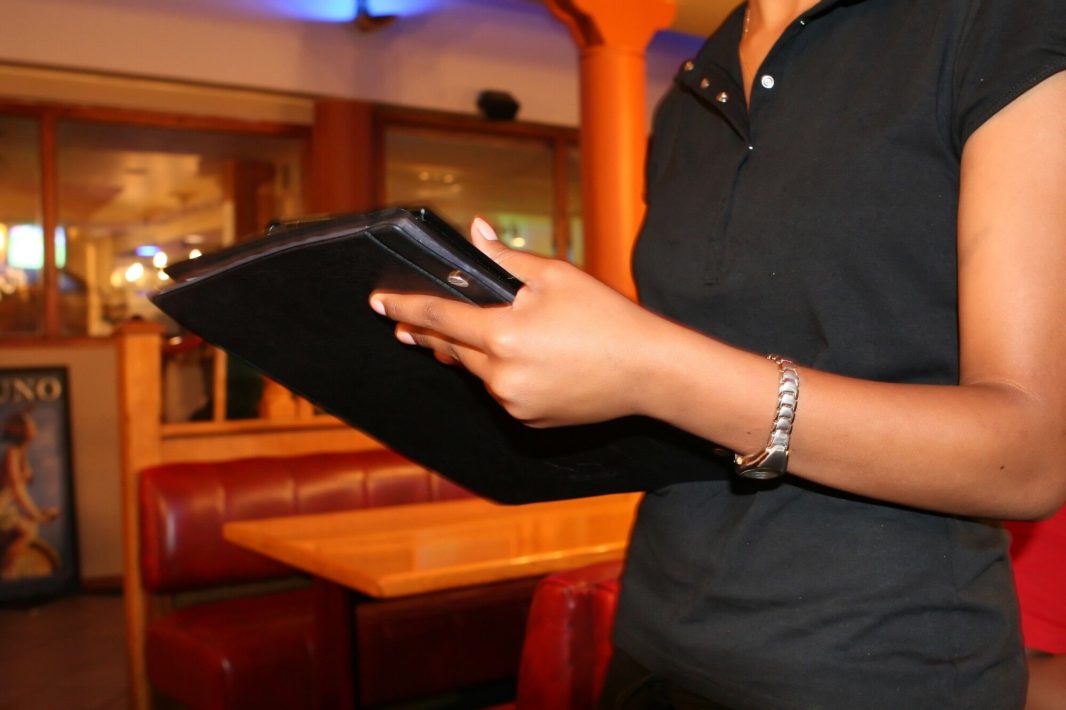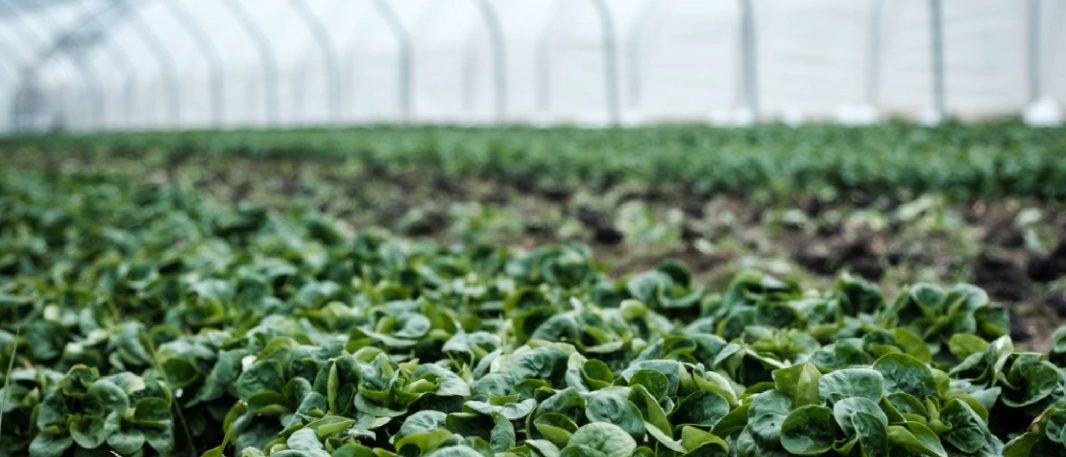What exciting food and beverage industry trends do you need to watch out for in 2022? Some of the ones we have seen are slightly ahead of their time, and while the concepts are developed and the technology is invented, it is yet to be determined when these will be industry-norm and completely mainstream.
AI and robotic chefs
A poll might need to be taken to determine if robots are welcome in the industrial, commercial kitchen, but we imagine millions of households would quickly get on board with this Jetson-esque development. Goodbye to arriving home exhausted from your workday needing to don an apron and slave away in the kitchen.
As with all technology, the cost during the development stage will keep most of us cooking for now, but a London-based company will be rolling out the Moley Robotic Kitchen in 2022 for £150,000 and you may be able to shop around soon with other companies, such as Israel’s Kitchen and Dexai Robotics in play.
Orderly’s cutting edge score plus digital assistant is blazing it’s way ahead in the AI space, too.
There is hope, says Julia Segal, senior strategist at US food consultancy The Culinary Edge: “Many of these technologies start well out of reach of the average home cook. However, as the technologies continue to proliferate, costs will eventually come down.” (BBC News)
Ghost kitchens and virtual restaurants
During lean times of less foot traffic, due to COVID, competition and complacency, ghost kitchens and virtual restaurants allow food market contenders to pivot and diversify their portfolios while directing their capital where it matters. And the ghost kitchen isn’t just a means to an end, ‘here today, gone tomorrow’, it’s a business in its own right with a rising global market share projected to exceed $1 trillion by 2030 to reference Euromonitor. (Barcelona Executive Business School (BEBS))
‘Ghost’ and virtual concepts allow the entrepreneur to funnel funds at start-up to the kitchen itself and its crucial technology and marketing, where usually the budget would be spent on setting up the front-of-house. Dining aesthetic and appeal can take the back seat while food preparation and delivery technologies drive your new business. Plus, the kitchen and staff overhead can be shared with other brands and restaurants.
Paul Rubin, Chief Strategy Officer at PAR, says of acquisition, production and fulfilment, “The right platform will allow a ghost kitchen to have full control,” plus a good POS, and technology to compartmentalise the brands in the kitchen to simplify operations.
Food and beverage source diversity & biotech food solutions
Diversity in food and beverage will be gracing the table in 2022 and the future. The expansive call for low alcohol versions of gin, spiced rum, and tequila will feature hemp, kombucha, matcha and other flavour mimicry to recreate the cocktail, mocktail, beer and cider, according to FSR magazine.
Veganism and vegetarianism, as well as immunity-boosting foods, are on the rise as people see the value for the planet and the importance of health. Alternative milk continues to rise in momentum, and potato milk is now an option, as well as oat and nut milk. And expect to see more than legumes, mushrooms and alternative dairy on the plate.
Bigger, bolder flavours through foraging of wild mushrooms and earthy fare for the ‘flexitarian’, aka the adventurous omnivore, but mealworms and crickets? ‘Umami’ is re-trending, the processes used to bring out extra flavour in plant-based foods – development of flavour through methods such as fermentation, smoking, or other cooking methods to release amino acids for hit-you-in-the-face taste.
Plant-based foods are gaining popularity, but a move to less-processed whole plant solutions are a better option for the planet and for dietary variety. Food biotechnology uses two methods to create alternative foods: cellular-based and fermentation-based.
Shayna Harris, contributing to Forbes.com, writes that ours is a “food system in crisis” with inflation, job loss, supply chain disruption, and pandemic health issues. She says “To persevere through these converging crises, human rights and planetary health is moving center of plate.”
Improved sustainability and corporate responsibility
Individuals and corporates need to work together in a bid to be more responsible about the preservation of our planet and sustainability is a key issue that is forever a key concern. Key packaging innovations include edible packaging – with an estimated value of $2 billion by 2030, or even zero waste.
Zero-waste is being seen with food shops, kitchens, redistribution and delivery with companies like Goodr, Oddbox, and Zero Waste Bulk Foods. Morrisons pledged to be zero waste in its 498 UK stores and to recycle all refuse locally by 2025, including coffee pods, soft plastics, foils, and batteries. The brand also sells Naturally Wonky fruit and veg, Too Good to Go food bags and redistributes food surplus to charities (and they work with Orderly too – so full points there!)
Are you ready for change?
Whether its sourcing paper over plastic, utilising reusable wraps and bags that are recyclable or compostable, through to choosing a tech platform to help you manage your organisation’s waste and corporate responsibility – this is the time to change.
Orderly will help your brand and enterprise realise its technology goals and aspirations in 2022 and beyond with our sustainable and responsible corporate forecasting, ordering and inventory solutions. Be on the edge of technology trends and at the forefront of the food and beverage industry with Orderly. Reach out to us today.







